The U.S. government is targeting transnational repression—a tool authoritarian regimes use to silence dissent overseas— with a “multi-faceted strategy,” a hearing has been told.
The strategy, outlined at the U.S. Commission on International Religious Freedom (USCIRF) hearing on “Transnational Repression of Freedom of Religion or Belief” on May 10, seeks to counter foreign attempts to restrict fundamental freedoms on U.S. soil.
Perpetrators include communist China, Russia, Iran, and Saudi Arabia, which “also happen to be among the worst violators of the freedom of religion or belief,” according to Scott Busby, Deputy Assistant Secretary at the Bureau of Democracy, Human Rights, and Labor of the U.S. Department of State.
“Governments in these countries increasingly seek to silence, intimidate, and threaten members of religious communities, spiritual practitioners, and outspoken religious freedom advocates, both within and outside their borders,” he said.
Their actions go from physical intimidation and online threats to influencing and coercing foreign governments to cooperate with their human rights violations.
In particular, the Chinese regime “pressures foreign governments to return members of ethnic and religious minority groups. If forced to return, many of these individuals will likely be subjected to torture, arbitrary detention, and other human rights abuses,” said Busby.
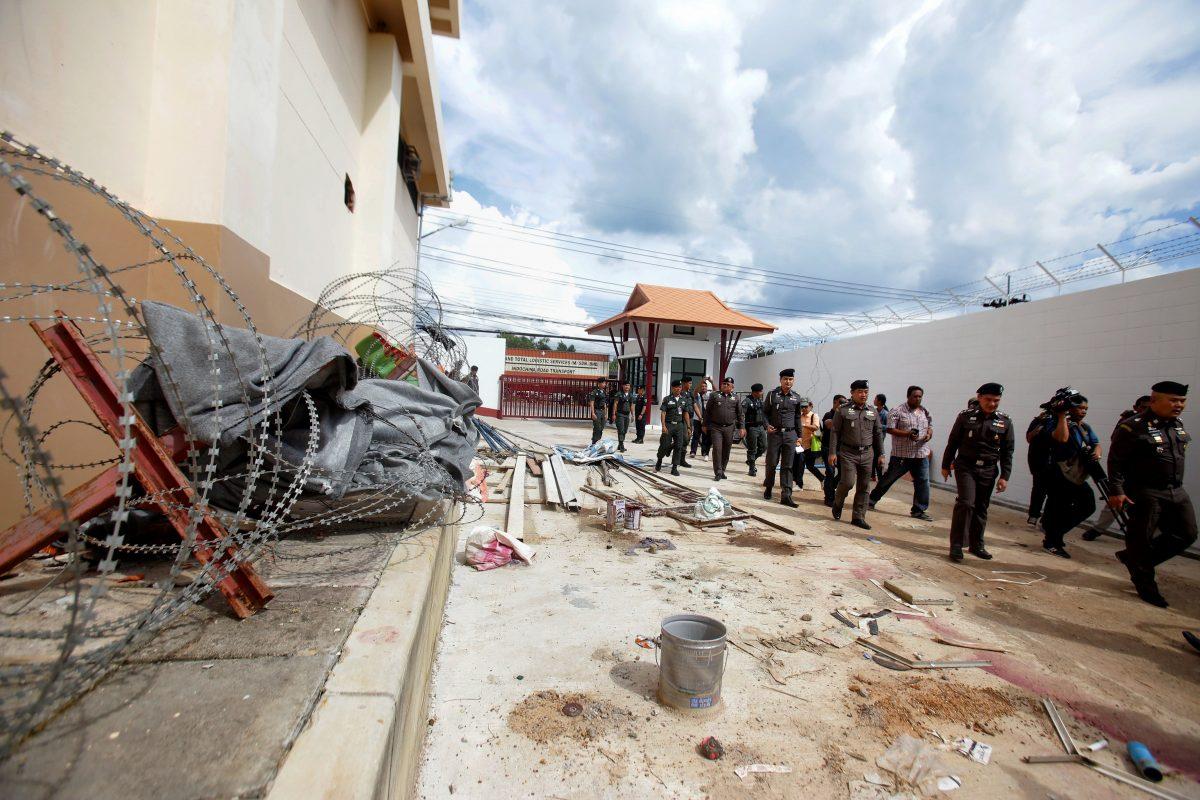
Secret Chinese Police Station in New York
The U.S. integrated approach involves interagency coordination consisting of sharing information, raising awareness, and providing resources to victims.They were accused of conspiring to work as agents and taking orders from the regime in order to track down and silence Chinese dissidents living in the United States.
One of the individuals confessed to having participated in counterprotests against Falun Gong, a spiritual group brutally persecuted by China’s communist regime since 1999, said Busby. The indictment cited information from the 2021 U.S. State Department Report on International Religious Freedom, he noted.
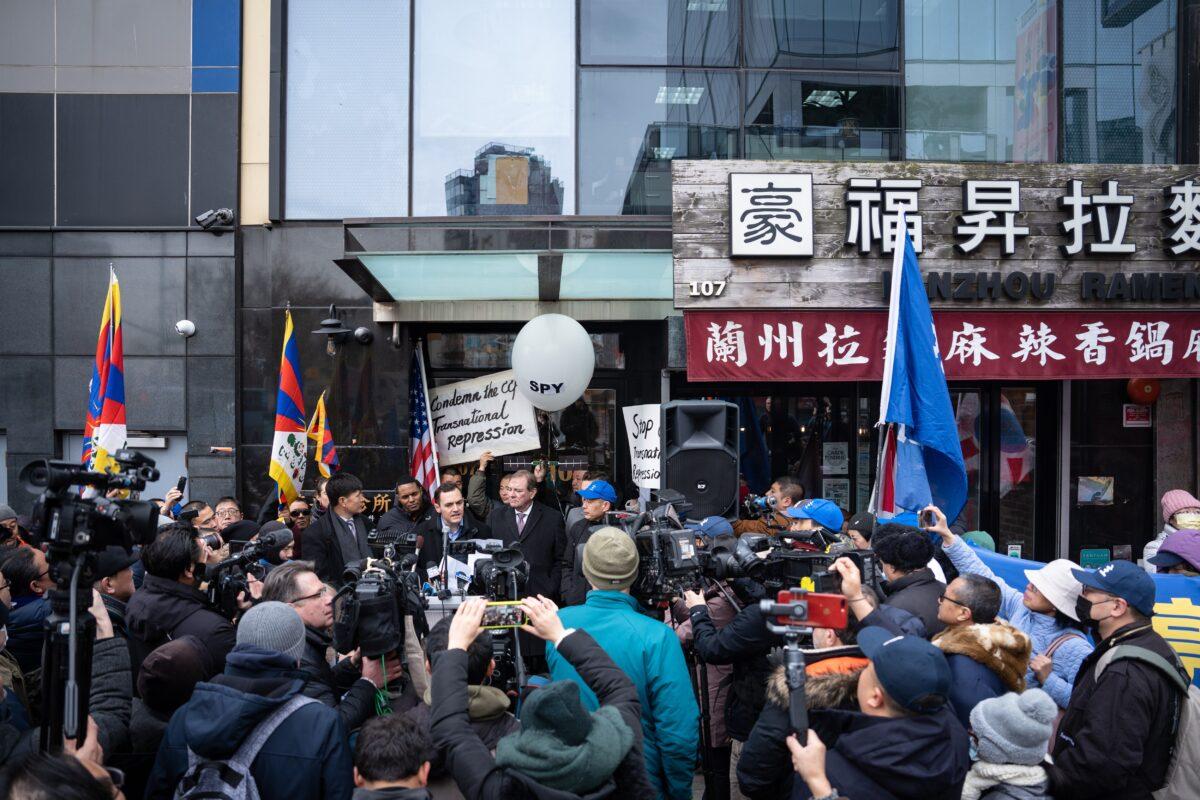
Another focus of the U.S. strategy is to hold perpetrators accountable and deter transnational repression by imposing visa restrictions, as well as economic and financial sanctions.
The strategy also involves educating on transnational repression by incorporating the topic in the annual U.S. Department of State Human Rights Report and providing proper training in governmental agencies and departments, as well as local law enforcement, he added.
Finally, the strategy also includes “building resilience” of groups targeted by transnational repression. This will be done by implementing listening sessions in order to comprehend their necessities and come up with solutions, as well as engaging with affected communities, often marginalized due to their ethnic or religious identity.
To conclude, Busby quoted Uzra Zeya’s, former Under Secretary of State for Civilian Security, Democracy, and Human Rights, remarks on the CCP’s transnational repression during the 2022 Congressional testimony on transnational repression:
“It is the most sophisticated form of repression that exists in the world today. It is pervasive, it is pernicious, and it presents a threat to the values we hold dear as Americans and the integrity of the rules-based international order.”
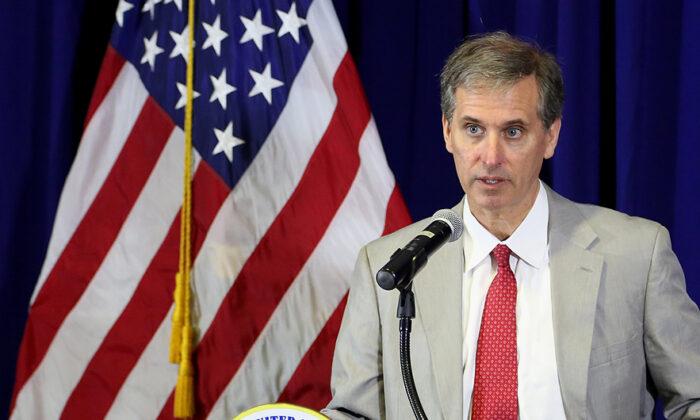


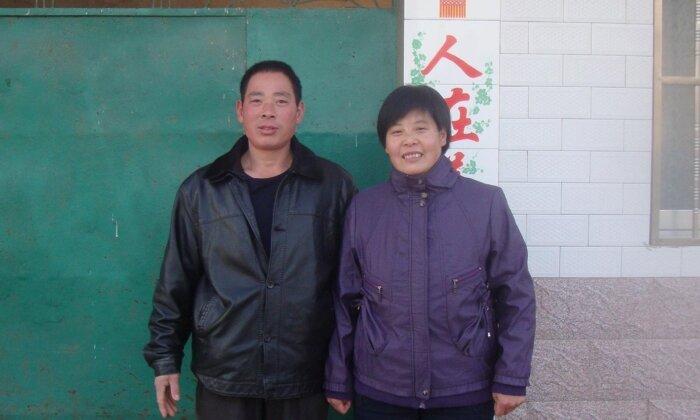
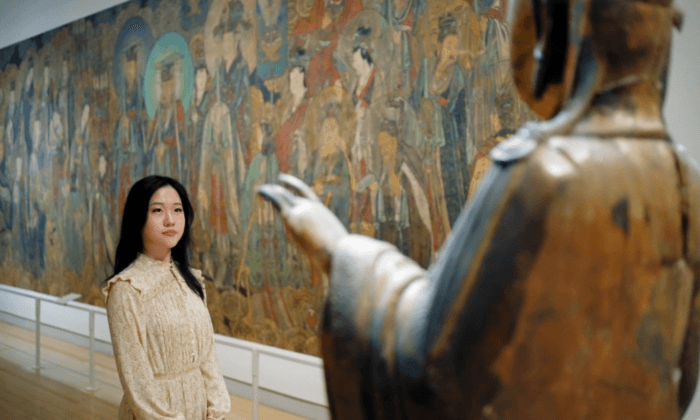
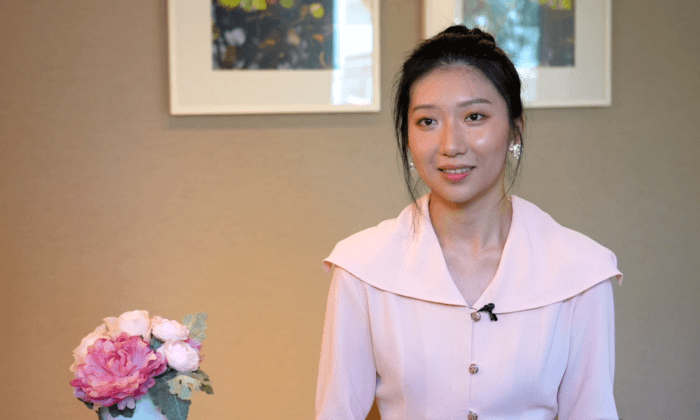
Friends Read Free